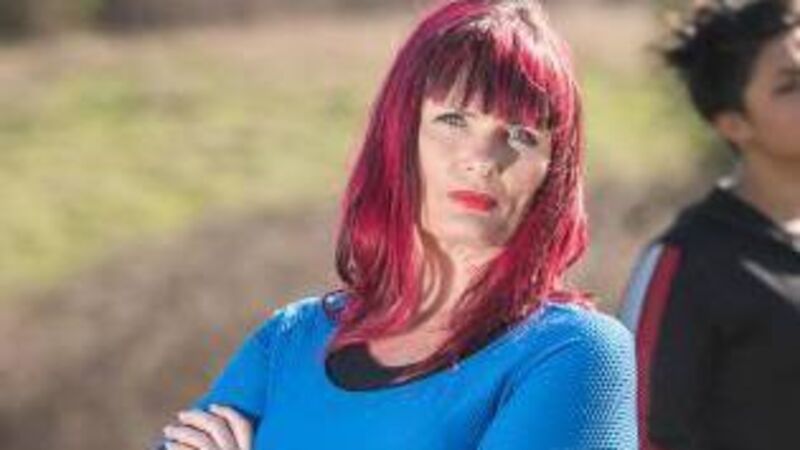Suzanne Harrington: My advice after a funeral - see your friends often, don't wait

Suzanne Harrington. Pic: Andrew Hasson.
Try from €1.50 / week
SUBSCRIBE
Suzanne Harrington. Pic: Andrew Hasson.
An American friend dies in Glasgow.
A faulty heart valve — one minute he’s alive, a moment later he’s not.
Already a subscriber? Sign in
You have reached your article limit.
Annual €130 €80
Best value
Monthly €12€6 / month
Introductory offers for new customers. Annual billed once for first year. Renews at €130. Monthly initial discount (first 3 months) billed monthly, then €12 a month. Ts&Cs apply.
Newsletter
The best food, health, entertainment and lifestyle content from the Irish Examiner, direct to your inbox.

Our team of experts are on hand to offer advice and answer your questions here
Newsletter
The best food, health, entertainment and lifestyle content from the Irish Examiner, direct to your inbox.
© Examiner Echo Group Limited